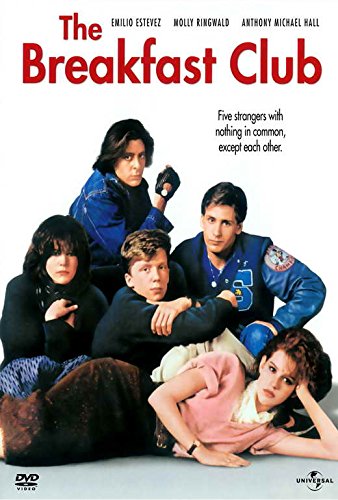
by Peter Diamond
Anyone who has read multiple installments of my blog likely realizes that I strongly oppose a “one size fits all” approach to education, which simply mean that the world is too intellectually diverse for education to be strictly regulated. I have applied this concept to standardized testing and grading systems, but I start to wonder how different the way our minds react to intellectual stimulation really is from the way we express ourselves emotionally. I guess all of the emotional responses that have been going around—mourning the deaths of two community members and attending another anti-bullying home room a couple weeks back—fall under the umbrella of emotional education, a type of learning that we respond to as variably as we respond to our academics.
Can an anti-bullying curriculum appreciate this complexity? Unless customized by a specific educator for a familiar group of students, “curriculum” has a connotation of regulation and adherence to the “one size fits all” approach. An open dialogue about bullying is necessary in order to allow people to discover their own approaches and to understand the frequently misused term “bullying” in their own ways, but opening a dialogue is much simpler than creating Powerpoints that each teacher must show to classroom filled with half-asleep students and empty Dunkin Donuts boxes. In fact, this approach never opens the dialogue at all. The approach treats the dialogue like a freshman math textbook, the concepts of which are barely tangible to students until they consider them at a higher, deeper level.
In her letter to the community following the death of senior Karen Douglas, principal Jennifer Price wrote, “Everyone responds to death differently. It is not unusual for old issues to resurface. Each person should be given permission to feel a range of emotions. Some students may be visibly upset, while others may appear to have little or no reaction. Still others may act out, laugh or act inappropriately. There is not right or wrong way to feel or react.”
In her writing here, Price acknowledges deeper levels of emotional education. I wish that this respect were given to students rather than a “one size fits all” anti-bullying curriculum.
Read the previous installment of Topics in American Education here.













































